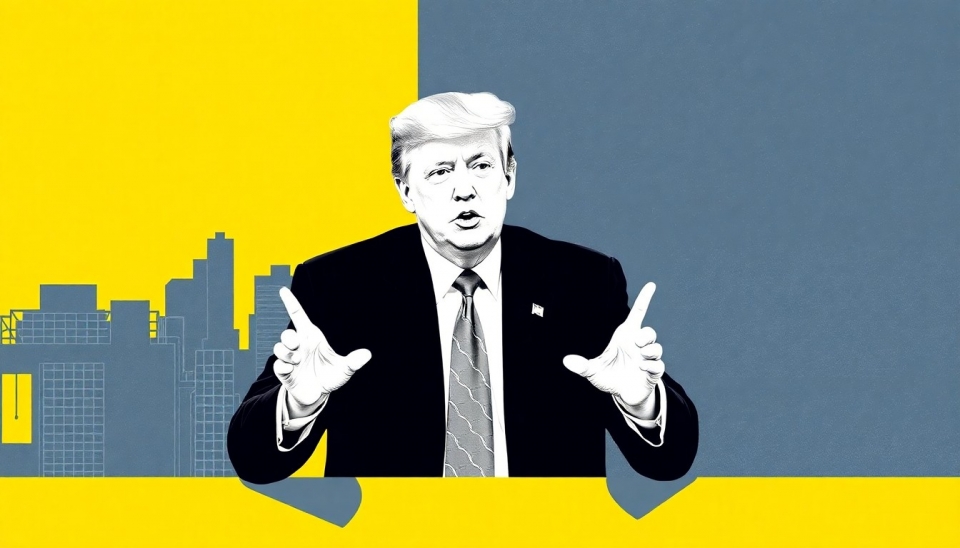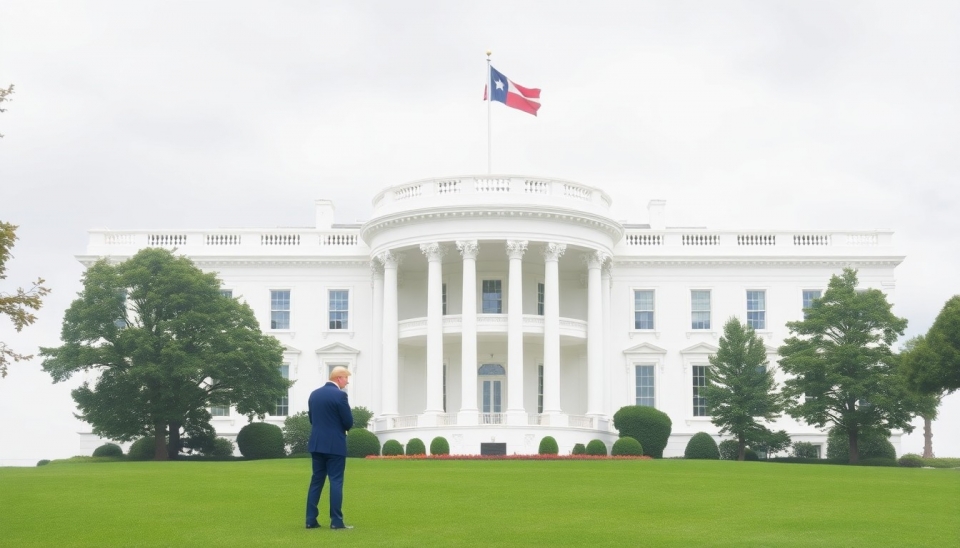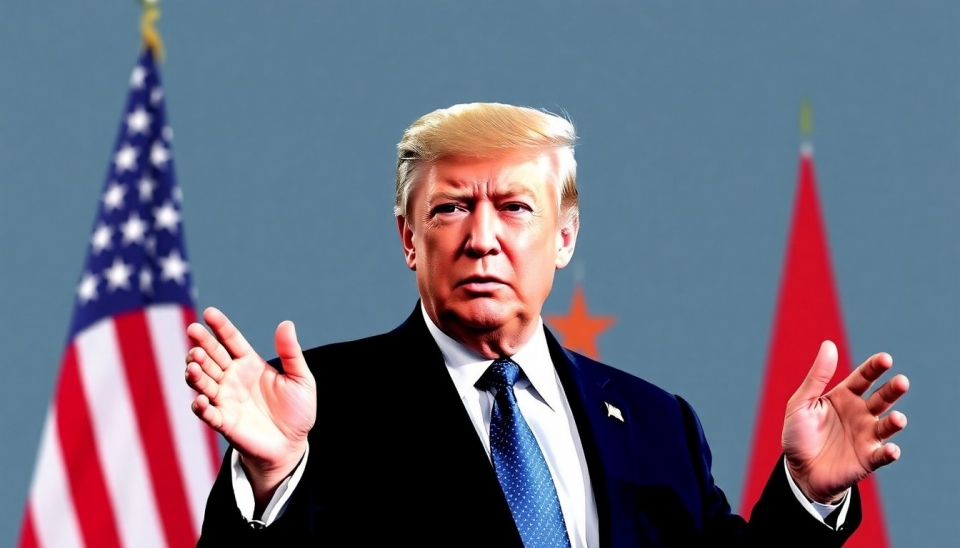
The Biden administration just announced that it wants to impose a wide-ranging ban on car part imports from both China and Russia. Announced on September 23, 2024, this was done based on rising national security concerns and vulnerability in the supply chain. Thus, the so-called prohibition is all set to send ripples through the global automotive market and disrupt the industry to a great extent.
The latest ban is rooted in the desire, according to an administration statement, to cut dependence on Chinese- and Russian-made components seen as threatening critical US infrastructure. The White House said the growing reliance on foreign-made auto parts places the United States in a position of vulnerability to possible espionage and economic coercion.
It depends heavily on supplies from China and Russia. But such dependence has thrown up apprehensions over the leak of sensitive technology and data to get compromised by such adversarial powers. So, the Biden administration wants such key components-at least in the future-to be supplied either by American companies or allies.
At the same time, while the officials emphasized national security, they concurred that this was a policy of deep complexity and possible economic consequence. Thus, the administrative process of consultations with industry leaders and stakeholders goes down to the wire in crafting the final regulations to ensure a transition that does not immediately lead to cost surges or a supply chain collapse.
However, this ban has elicited a number of mixed responses from the industry. While some applaud this commitment that the administration has taken to national security, others are leery about how much logistical challenges and cost escalation might occur, both at the production and consumption levels. Automakers, reliant on a global network of suppliers, may find this new regulation a big obstacle to overcome.
The Biden administration also weighs different incentives to expand national production capacities and decrease the nation's reliance on foreign imports: tax credits, research grants, and subsidies that will perk up the drivers of innovation and production inside the US.
It would further inflame already heated trade relations with China and Russia. Criticism from the two countries, who view similar US policies as protectionist moves to undermine the spirit of free trade, is not new. The growing development will most definitely spark diplomatic talks that will challenge the robustness of cooperation mechanisms at the international level.
The administration has given indications of a gradual implementation of the ban for the industry to adjust to the new import restrictions. A balanced implementation will be done that involves engagements from both the public and private sectors.
Ultimately, the ban proposed by the Biden administration marks a tactical shift in the protection of national interests through reshaping the automobile supply chain. A move like this underlines the larger vision of the administration for the model of security and self-sufficiency within the economic framework, with an emphasis on national security rather than at the cost of innovation and competitiveness.
#BidenAdministration #NationalSecurity #AutoIndustry #China #Russia #CarPartsBan #TradeRelations #DomesticManufacturing
Author: John Miller




